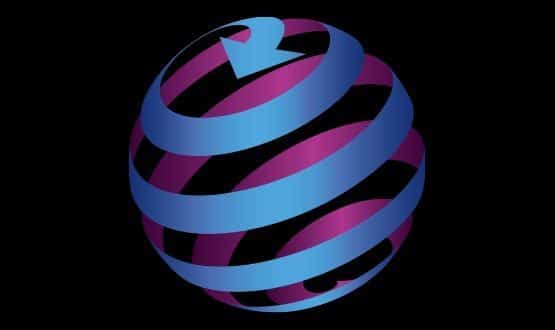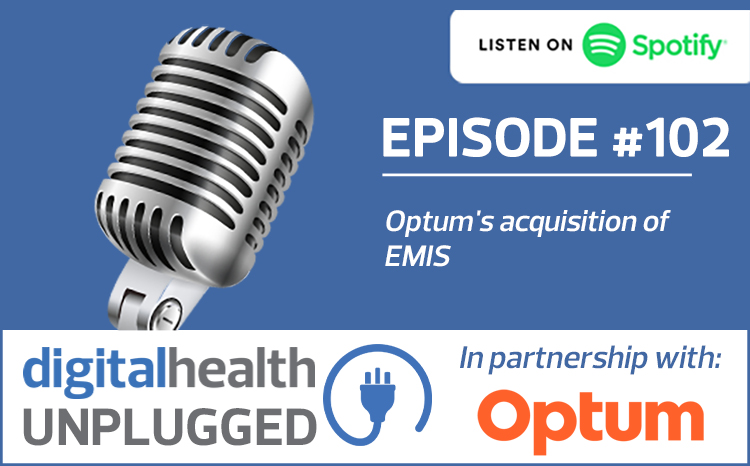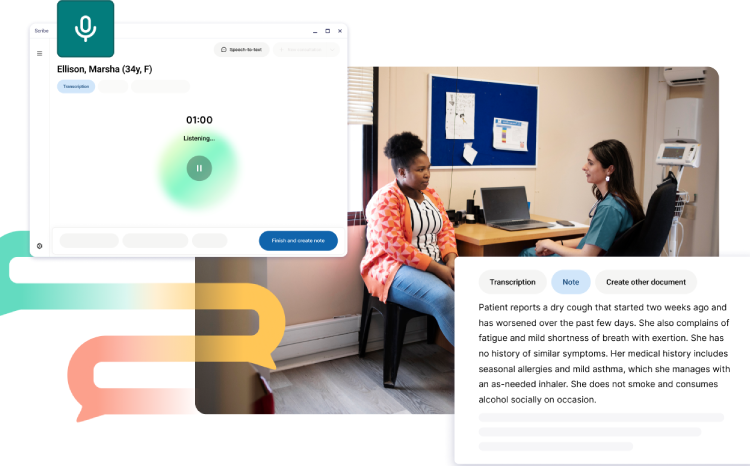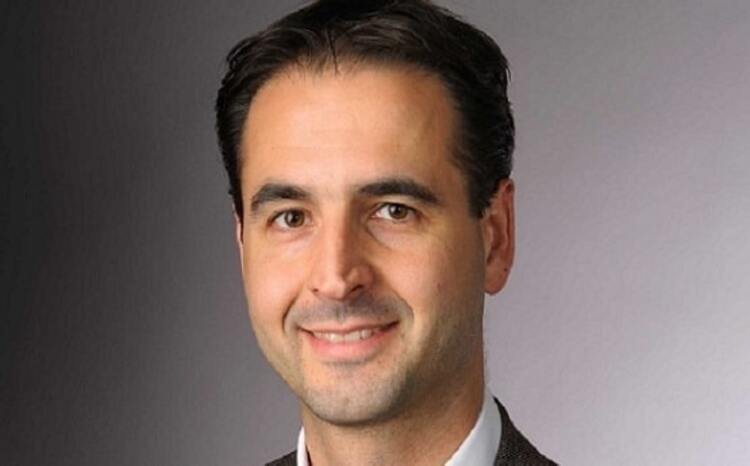First GPSoC integrations live
- 22 October 2015

Two subsidiary GP systems suppliers have integrated their systems with those of principal suppliers for the first time under the latest GP Systems of Choice framework.
NHS England says the interface mechanisms to allow the first integration of patient-facing services will now be finished by the end of this year.
Medibooks from Total Billing Solutions has begun piloting in five TPP SystmOne GP practices, after getting full roll-out approval using the new Health and Social Care Information Centre 'pairing' process.
My RightCare, which provides integrated care plans and recently won the John Perry Prize in primary care computing, has also integrated with Emis Health.
When a new GPSoC contract was signed in March last year, it specified that principal system suppliers – Emis, TPP, INPS and Microtest – must provide interface mechanisms to allow suppliers of subsidiary services to integrate with them.
This would open up the market and give greater choice to GPs for provision of systems such as document management and patient transactional services. To allow this to happen, the HSCIC developed a pairing process.
All of the integrations which have been given ‘permission to engage’ and are currently progressing through the pairing process towards full roll-out approval involve integrations with either TPP, Emis or INPS.
Five companies are working on integrations with TPP. These are: PCTI with Docman; My RightCare with My RightCare v3; Black Pear Software with its eReferral Toolkit ; and BMJ Informatica with Audit+.; as well as Total Billing Solutions and Medibooks.
INPS is working with BMJ on its Frontdesk system, BMJ Informatica on Audit+ and InterSystems on HealthShare Health Connect.
Emis is also working with BMJ Informatica on Audit+ as well as Apollo Medical on its SQL Suite. My RightCare has progressed to full roll-out with Emis.
NHS England’s senior responsible owner for GP Systems of Choice Tracey Watson told Digital Health News that a lot of the “teething problems” with the initial pairing process have been sorted out.
She expects the first subsidiary suppliers of patient transactional services will be integrated with principal suppliers by next April.
This would be in line with health secretary Jeremy Hunt’s ambition to have a quarter of smartphone users routinely accessing NHS advice, services and medical records through apps by the end of the next financial year.
“The timings around the patient facing service interface mechanism are all on target for us to be able to allow the integration by the next financial year.
“We want to talk to third party vendors and starting inviting them to go through the process which has changed considerably since it initially launched last year,” she said.
Watson says the interface mechanisms required to allow this integration will be completed by the end of this year.
“There’s not a huge number of patient facing services vendors in the pipeline at the moment. But it’s all about making sure that when the patient facing mechanisms are complete we can put the message out to the market.
“[After that], hopefully, more will want to sign-up.”
Read more about work on interfacing GP systems in the features section, where Tracey Watson and her colleague Tracey Grainger, NHS England’s head of primary care digital development, are interviewed ahead of their keynote appearances at EHI Live 2015.




